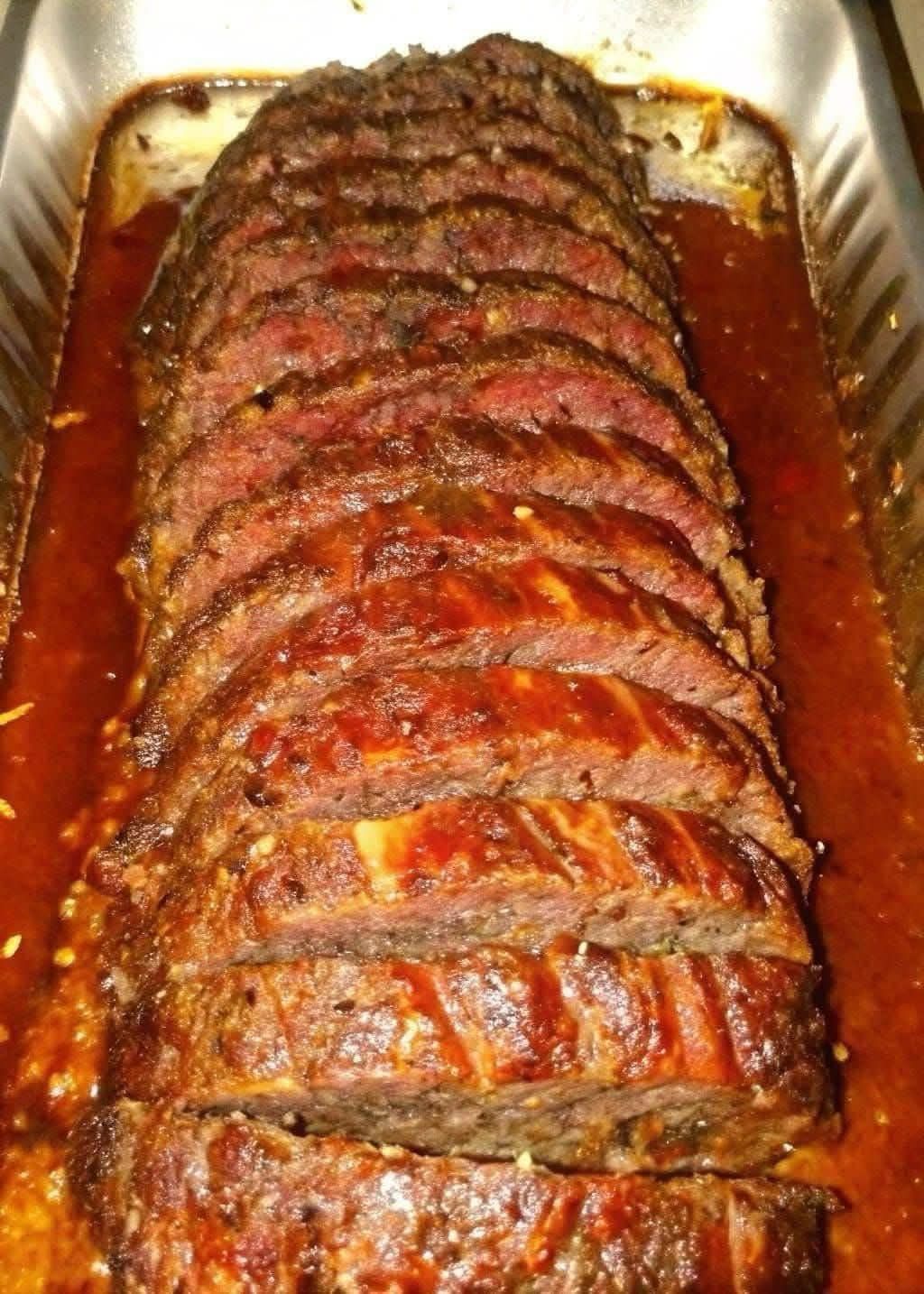- Salads
- Salsas
- Crudité platters
- Fresh sandwiches or wraps
Their juiciness enhances flavor in raw preparations, making them a popular choice for fresh dishes.
🌟 Tips for Choosing the Best Bell Peppers
- Check the Lobes: Quickly identify if the pepper has three or four lobes to determine its best use.
- Look for Firmness: Avoid peppers with soft spots or wrinkles, which indicate overripeness or decay.
- Color Matters: While the lobe count affects taste, the color also influences sweetness:
- Green: less sweet, slightly bitter
- Red: sweetest and fully ripened
- Yellow/Orange: moderately sweet and mild
- Weight Test: Heavier peppers tend to be juicier, especially useful for stuffed recipes.
✅ Quick Cooking Guide
| Type | Best Use | Cooking Notes |
|---|---|---|
| Three-lobed (male) | Stir-fry, roasting, grilling | Holds shape under heat |
| Four-lobed (female) | Salads, fresh dishes | Sweet, juicy, perfect raw |
🌱 Extra Benefits
Bell peppers aren’t just tasty—they’re nutritious too:
- Rich in vitamin C (especially red peppers)
- Contain antioxidants like beta-carotene and lutein
- Low in calories, high in fiber
- Support eye health, immune function, and heart health
Final Thoughts
Next time you’re at the market or grocery store, take a moment to observe your bell peppers. Choosing three-lobed or four-lobed peppers based on your intended dish can elevate both flavor and texture. Three-lobed peppers are your go-to for cooked meals, while four-lobed peppers shine fresh in salads and raw preparations.
Understanding these subtle differences ensures you make the most out of this versatile vegetable, turning simple meals into flavorful, vibrant dishes.
Pages: 1 2





